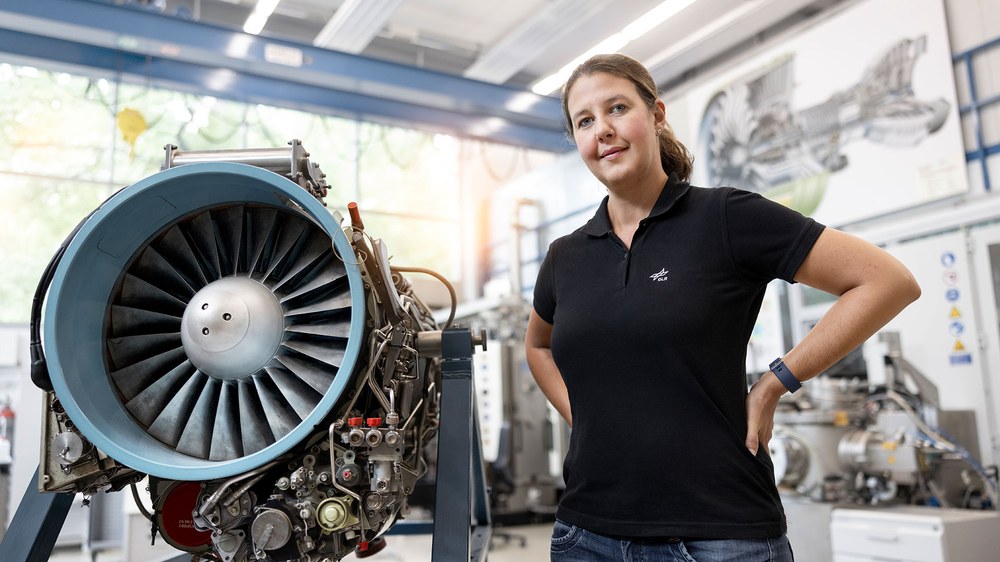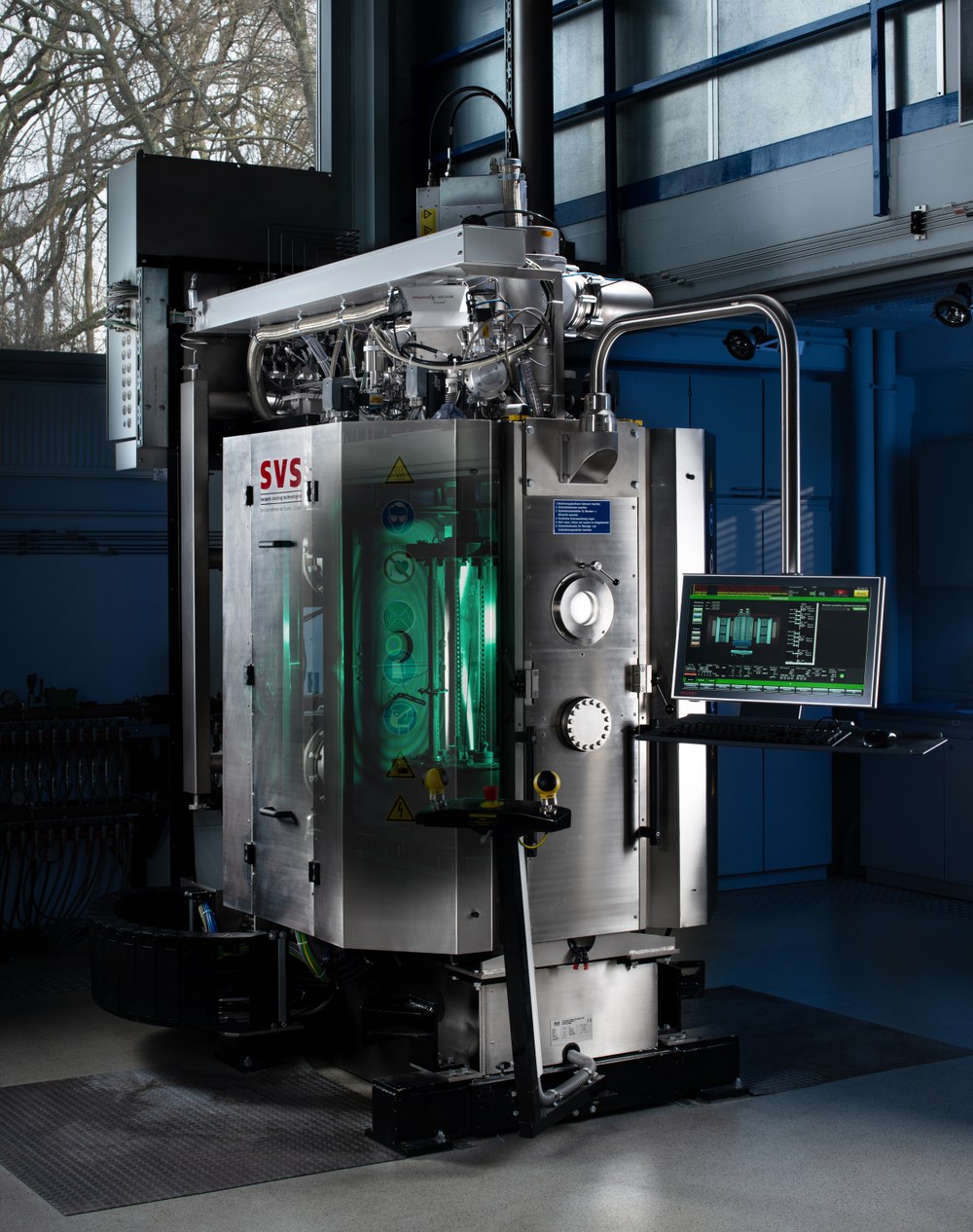Department Interfaces, Coatings and Corrosion Protection for Functional Material Systems



The core competence of the department “Interfaces, Coatings and Corrosion Protection for Functional Material Systems” is the control of material properties in devices and systems through interface and surface design. This approach is pursued using a versatile range of methods and is applied to a wide spectrum of functional materials and coatings.
Coating and plasma processes play a central role in surface design, as do the investigation and development of strategies against corrosion and degradation processes in materials. The properties of protective coatings, electrical and thermal functional materials, and functional layers are significantly influenced by the nature of internal and external interfaces as well as by surface design. The analysis of developed functional materials and coatings includes high-temperature testing methods and plasma analytics, supported by the development of unique measurement techniques, devices, and demonstration systems.
Coating Development, Surface Design, and Corrosion Protection
One primary goal of coating development is the protection of aerospace components through physical vapor deposition (PVD) coatings, with a focus on developing and evaluating sputter deposited and electron beam PVD protective coatings.
The surface design and corrosion protection competence field focusses on applying plasma technology, for example, for the chemical reduction of materials at surfaces, on investigating corrosive changes due to environmental conditions, and analytics of surface properties.
Functional Materials and Coatings
A key focus in the development of functional materials is on thermoelectric materials, devices, and systems for applications in transportation, space, aviation, as well as solar energy processes. This comprises the development of thermoelectric generators for autonomous power supply and waste heat conversion, Peltier heat pumps for precisely controllable dynamic thermal management, and thermal sensors and autonomous sensor nodes for use on Earth and in space.
Functional layer-based materials for use in aerospace are being developed ranging from electrochemical energy storage, gas sensing and erosion protection up to antimicrobial and diffusion barrier coatings. The department's own methodology developments focus on testing and evaluating the lifetime and degradation protection of coatings and functional materials under a variety of environmental conditions, including thermal cycling, temperature gradients, steam and hydrogen atmospheres, as well as a multi-fuel testing rig. The development of functional measurement techniques includes micro-scanning methods, as well as simultaneous and transient high-throughput measurement techniques for
electrical and thermal properties.
Core Competencies
Protection of components through PVD coatings up to ultrahigh temperatures
Thermoelectric materials and systems – thermoelectric generators, Peltier heat pumps, and thermal sensors
Surface design using plasma technology, corrosion protection research, and surface diagnostics
Functional coatings for electrochemical energy storage, sensors, erosion protection, and more application fields
Development of high-temperature testing methods and measurement techniques
